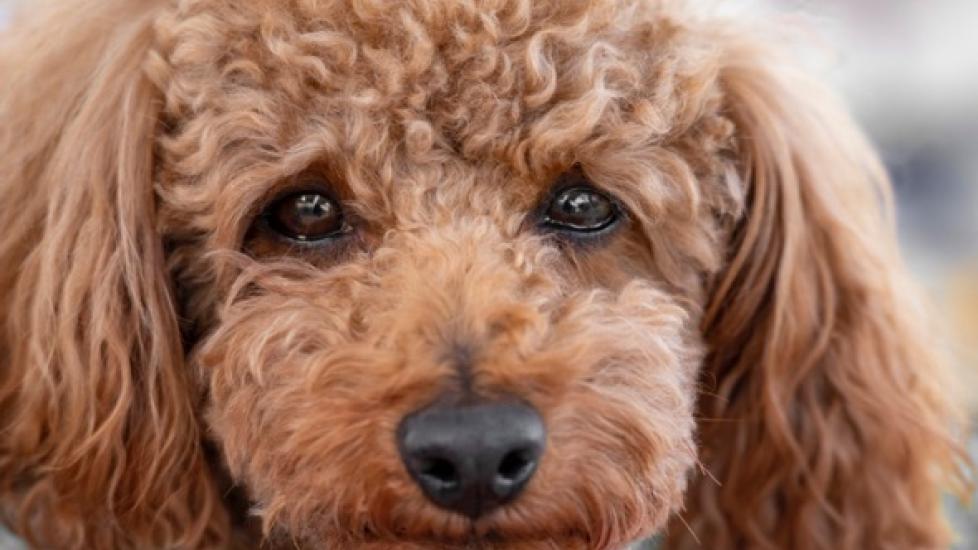Dislocated Shoulder in Dogs
What Is a Dislocated Shoulder in Dogs?
Dog shoulder dislocation (luxation of the shoulder) happens when the upper bone in a dog’s front leg (just above the elbow) is knocked out of its normal position in relation to their shoulder blade. The shoulder joint can be partially out of place (subluxated) or completely out of place (luxated).
Symptoms of a Dislocated Shoulder in Dogs
The most common symptom of a dislocated shoulder in dogs is limping, which can come on suddenly (acute) or progress slowly over a longer term. After a traumatic accident, the dog may not want to put any weight on the affected limb.
Dogs that have been injured for a long time may be limping but are still able to bear weight on the affected limb. Dogs that have a malformed shoulder from birth may not even limp.
Causes of Dislocated Shoulders in Dogs
Dogs’ shoulders can be dislocated through trauma, such as a car accident or a fall. A dog might also be born with a malformed shoulder due to a congenital condition.
When a dog’s shoulder is dislocated due to trauma, the joint capsule tears, and damage is caused to various ligaments, tendons, and muscles that support and stabilize the joint.
Types of Dislocated Shoulders in Dogs
While the shoulder joint can dislocate in any direction, dislocation to the inside (medial) or to the outside (lateral) of the joint are most common.
-
Medial dislocations can occur as a result of trauma in any breed, and as a congenital condition in small and miniature breed dogs.
-
Lateral dislocations occur most commonly as a result of trauma in large breed dogs.
How Vets Diagnose Dog Shoulder Dislocation
Your vet will feel your dog’s leg and shoulder; if the pain is localized to the shoulder region, they will perform a more thorough inspection of the joint.
The veterinarian may detect that the shoulders do not feel symmetrical and that the bones in the affected shoulder are out of place compared to the normal shoulder. There may be inflammation, grinding, or instability when the affected shoulder is felt.
Your vet will then perform X-rays to confirm the diagnosis of a dislocated shoulder and look for evidence of fracture or joint damage. Arthroscopy, or examining the joint with a camera, can be performed under anesthesia if X-rays do not help with a diagnosis.
Treatment for Dislocated Shoulders in Dogs
If your dog’s shoulder dislocation is due to recent trauma, your veterinarian may attempt to pop the shoulder back into place under general anesthesia, which is called a closed reduction.
If the shoulder joint stays in place, a bandage-type sling or splint is placed for about 14 days, depending on whether the dislocation is to the inside or outside of the shoulder joint.
If this does not work and your dog’s shoulder dislocates again, then your dog
Recovery and Management of Dog Shoulder Dislocation
After your dog’s shoulder dislocation is treated through surgery or popping it back into place, you must restrict your dog’s activity while maximizing rest. Your veterinarian will establish a time frame for exercise restriction and a plan for returning to normal activity.
During the recovery period, your dog will likely be on pain medication(s). Some veterinary clinics offer physical therapy, which may be helpful in both nonsurgical and postsurgical patients. This may include laser therapy, passive range of motion exercises, and hydrotherapy.
Dislocated Shoulder in Dogs FAQs
How long does it take for a dog's shoulder to heal?
Because a shoulder dislocation in dogs often results in significant soft tissue damage, this type of injury can take a few months to heal. A good recovery plan involving physical therapy techniques may speed healing time.
Help us make PetMD better
Was this article helpful?
